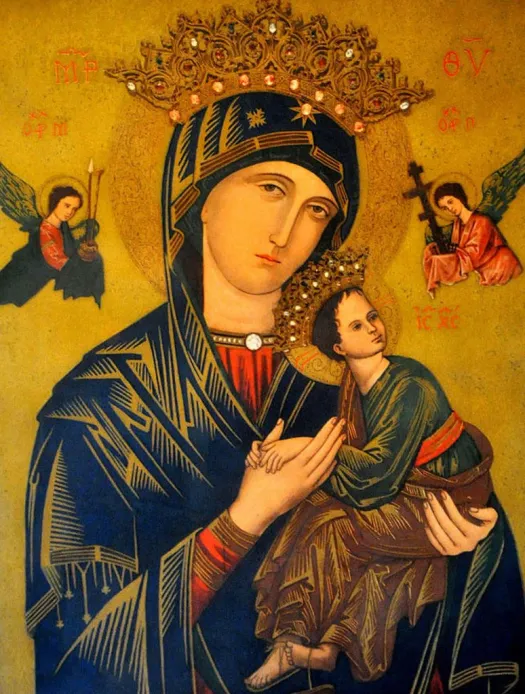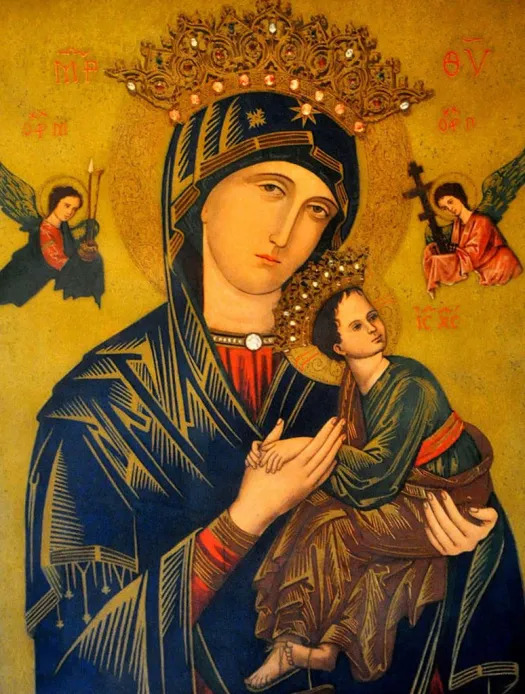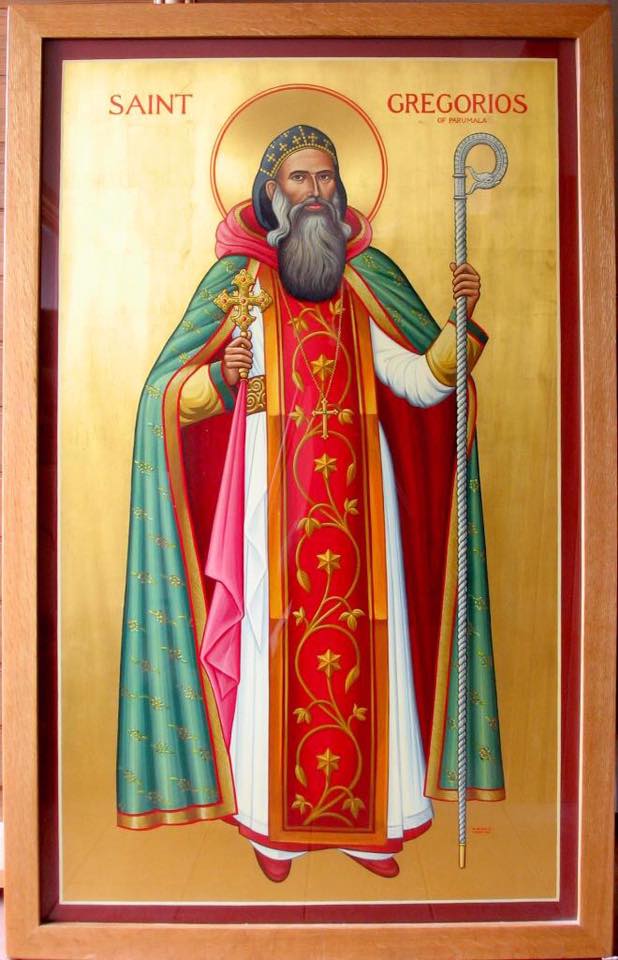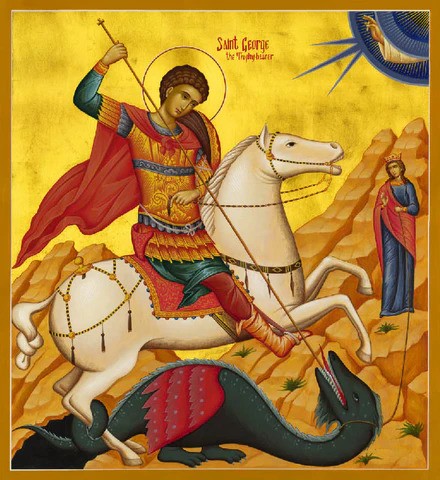
Enter in the full assurance of spirituality, so may I welcome you as Jesus has welcomed you, for the glory of God.
We greet you in the name of our Lord and Savior, Jesus Christ. We are an Orthodox parish dedicated to welcoming and extending genuine Christian love to everyone. We are an Orthodox parish dedicated to welcoming and extending genuine Christian love to everyone. As Orthodox Church, we believe that our worship is an authentic, biblical, and powerful experience. We practically observe the same liturgy as the early Church did. By continuing this unbroken tradition of service and worship, we maintain the Church’s faith and influence, which Jesus Christ Himself founded. Every Orthodox Church in the world today worships God in the same way as our forefathers did in truth and spirit. We hope you have a good experience with our community and that our Lord Jesus Christ will continue to bless you abundantly by His loving grace.
St. Mary's Malankara Orthodox church in Houston was established on October 17, 2010, by the blessing of the then Metropolitan H.G. Alexios Mar Eusebius. Its goal is to provide a community for local Orthodox Christians and make the Orthodox faith known in this area. The Orthodox Church has been historically connected with various ethnic cultures - the Orthodox Faith, claiming unbroken continuity with Apostolic Faith, is universal in character and calls all to “come and blessed.”
We are also enthusiastic about serving our community and the people around us in every possible way. I know that St. Mary’s will be a shining light to everyone for many years to come, and I encourage you to look through our website and visit our parish.
Fr. Johnson Punchakonam (Vicar)
We cordially invite everyone to our house of worship, where we hold traditional Malankara Orthodox (Kerala, India) services.
St. Thomas founded the Orthodox Church in India AD 52. We invite you to explore our website to learn more about the Indian Orthodox Christian faith, our ancient and venerable roots, and the many ministries and services offered by our wonderful community. We offer something for all to learn and develop in the image and likeness of God thanks to our stewards’ gracious efforts within the context of good Christian fellowship.
Houston St. Mary's Orthodox Church is a member of the worldwide Orthodox Churches’ communion. We are part of the Diocese of South-West America, led and cared for by H.G. Dr. Thomas Mar Ivanios Metropolitan. The Malankara Orthodox Church, headquartered in Devalokam, Kottayam, Kerala, India, is led by His Holiness Baselios Marthoma Mathews III, the Catholicose and Malankara Metropolitan of India.

St. Mary is often referred to as “the second Eve,” representing the reversal of Eve’s fatal fall in the Garden of Eden through her obedience and role in God’s plan for salvation. In the Malankara Orthodox Church, the veneration of St. Mary is deeply rooted in its Christology and ecclesiology. Her role as the Theotokos (Mother of God) underscores her unique connection to Christ’s incarnation, while her life of humility and faith serves as a model for the Church. St. Mary’s intercession is seen as a vital part of the Church’s spiritual life, symbolizing hope, grace, and the ultimate victory over sin and death.

St. Gregorios Geevarghese, lovingly known as "Parumala Thirumeni," played a pivotal role in the spiritual and developmental growth of the Malankara Orthodox Church. From a young age, his life was marked by divine grace and dedication. At just ten years old, he received the order of Korooyo from Palakunnath Mathews Mor Athanasius at the Karingachira St. George Orthodox Syrian Church. By the age of 18, he was ordained as a Shamshono by Yuyakim Mor Koorilos, the Reesh Episcopa to Malankara (Patriarchal delegate). Known for his ascetic life, profound faith, and wisdom, Parumala Thirumeni's saintly deeds and guidance have left an indelible mark on the Church, inspiring generations of faithful.

St. George’s life remains shrouded in mystery, but he is believed to have been born into a noble Christian family in the late third century in Cappadocia, a region now part of modern-day Turkey. Following in his father’s footsteps, he pursued a military career and became a soldier in the service of Emperor Diocletian. However, when the emperor initiated the systematic persecution of Christians, George refused to participate, standing firm in his faith. This act of defiance led to his torture and eventual execution in 303 AD in Palestine, cementing his legacy as an early Christian martyr. Over the centuries, his story has inspired countless legends, including the famous tale of St. George and the Dragon, symbolizing the triumph of good over evil. His unwavering courage and faith have made him one of Christianity’s most venerated saints.